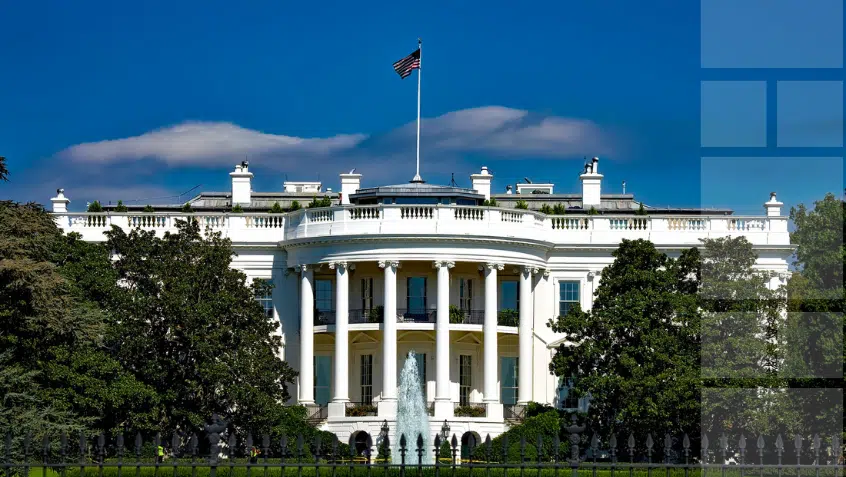Join Us Live for a Discussion on Medicare, Democracy, and the Future of Health Care
Important Final Rules Protect Access to Care

Already in 2024, the Biden-Harris administration has finalized two important rules that will protect access to care and lessen hurdles for millions of people with Medicare, Medicaid, and Qualified Health Plans through the Affordable Care Act’s federal marketplaces.
The first final rule—the conscience rule—rescinds the most damaging aspects of a 2019 final rule that would have given health plans and providers overly broad authority to refuse to provide certain types of care they disagreed with on moral or religious grounds. That rule was blocked by a federal court before it could take effect because it violated federal laws; the court also found the Trump administration’s justification for advancing the rule was based on misleading and false statements. In our comments on the newly final proposal, we applauded the outlined efforts to undo this damage by protecting people with Medicare and their access to both medically necessary treatment and the information they need to make educated, person-centered choices. Though the harmful 2019 rule was paused, it was nevertheless important for the Biden-Harris administration to correct and update the conscience provisions in its regulations.
The second final rule—the prior authorization rule—requires Medicare Advantage, Medicaid, and Qualified Health Plans to give patients information about their prior authorization requests via software on their computer or phone. The information would include the prior authorization status, date, duration, items and services, and specific reasons for denial. Such information will allow interested beneficiaries to track any prior authorization requests and to better understand the process and discuss issues with their providers.
The rule also shortens the wait time for prior authorization requests and, perhaps most significantly, requires insurance companies to publicly post data about their review processes and results, including a list of all items and services that require prior authorization; what percentage are approved, denied, approved after appeal, or delayed; and the average time the process took. This information could be useful for beneficiaries who may consider plan practices when choosing where to enroll. It may also prove valuable to advocacy organizations, researchers, and policymakers who would be better able to assess the practices and burdens of prior authorization. While we enthusiastically welcomed this set of proposals, we cautioned the Biden-Harris administration that greater transparency from the plans does not lessen the need for oversight from federal regulators and enforcement mechanisms with real consequences.
Together, these final rules take important steps toward improving and protecting access to care for millions of people. We look forward to building on these critical reforms.
Read the final conscience rule, the fact sheet, and our comments.
Read the final prior authorization rule, the fact sheet, and our comments.
Read more about the 2019 conscience rule.
Show Comments
We welcome thoughtful, respectful discussion on our website. To maintain a safe and constructive environment, comments that include profanity or violent, threatening language will be hidden. We may ban commentors who repeatedly cross these guidelines.
Help Us Protect & Strengthen Medicare
Donate today and make a lasting impact
More than 67 million people rely on Medicare—but many still face barriers to the care they need. With your support, we provide free, unbiased help to people navigating Medicare and work across the country with federal and state advocates to protect Medicare’s future and address the needs of those it serves.
The Latest
Most Read
Add Medicare to Your Inbox
Sign up to receive Medicare news, policy developments, and other useful updates from the Medicare Rights.
View this profile on InstagramMedicare Rights Center (@medicarerights) • Instagram photos and videos









